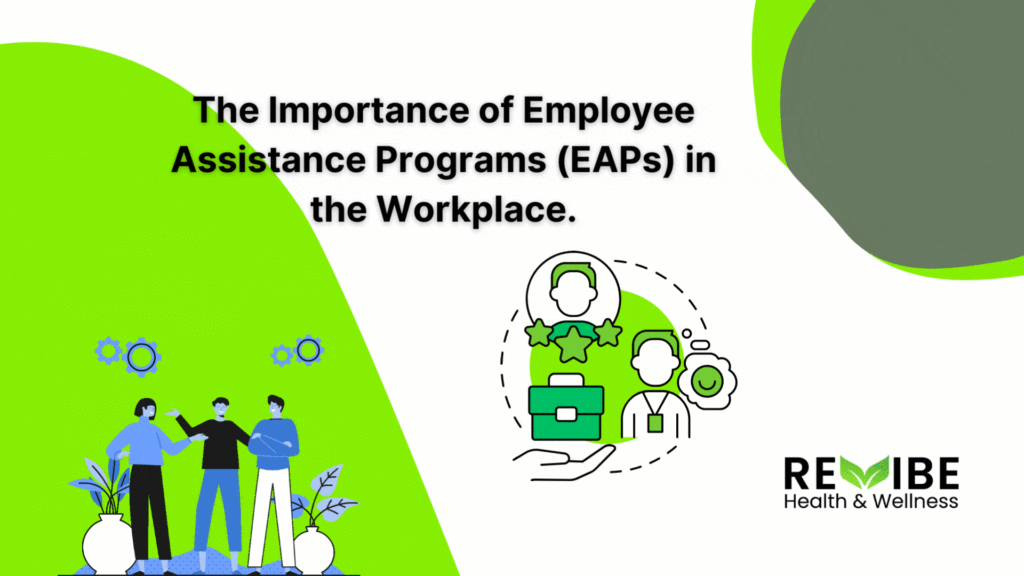Employee Assistance Programs (EAPs) are workplace programs designed to help employees resolve personal and work-related problems that may impact their job performance, productivity, and overall well-being. EAPs typically offer confidential short-term counselling and referral services to employees dealing with issues such as substance abuse, stress, anxiety, depression, and family problems. EAPs are often part of an organization’s benefits program and are available to all employees and their immediate family members. In this blog, we will explore the benefits of EAPs, how they work, and best practices for implementing an EAP in your organization.
What are the Benefits of EAPs?
EAPs provide a range of benefits to both employees and organizations. For employees, EAPs offer confidential counseling services and referral resources that can help them cope with personal and work-related problems that may impact their job performance, productivity, and overall well-being. For organizations, EAPs can help reduce absenteeism, turnover, and workplace violence, while improving employee engagement and productivity. EAPs also provide a proactive approach to addressing mental health issues in the workplace, leading to a more positive and supportive organizational culture.
How to Implementing an EAP?
To implement an EAP, organizations should partner with EAP providers and include the program as part of their health insurance plan or benefits package. Human resources should communicate the program to all employees and provide education on how to access the service. EAP providers typically offer follow-up services and counselling sessions to ensure that employees receive the support they need to manage their personal and work-related issues.
EAP Success Stories:
Many organizations have seen the benefits of EAPs first-hand. For example, one company that implemented an EAP reported a 25% reduction in absenteeism and a 40% reduction in healthcare costs. Another organization reported a 30% increase in employee engagement and a 35% reduction in turnover rates after implementing an EAP. These success stories demonstrate the impact that EAPs can have on both employees and organizations.
Conclusion:
EAPs are a valuable resource for employees dealing with personal and work-related issues that may impact their job performance and overall well-being. By providing confidential counselling services and referral resources, EAPs can help employees manage their personal and work-related problems, resulting in increased productivity, engagement, and retention. Implementing an EAP requires partnership with EAP providers, communication with employees, and education on how to access the service. EAPs should be considered as a proactive approach to addressing mental health issues in the workplace and improving the overall well-being of employees.
Contact Revibe to know more about how to implement EAP

